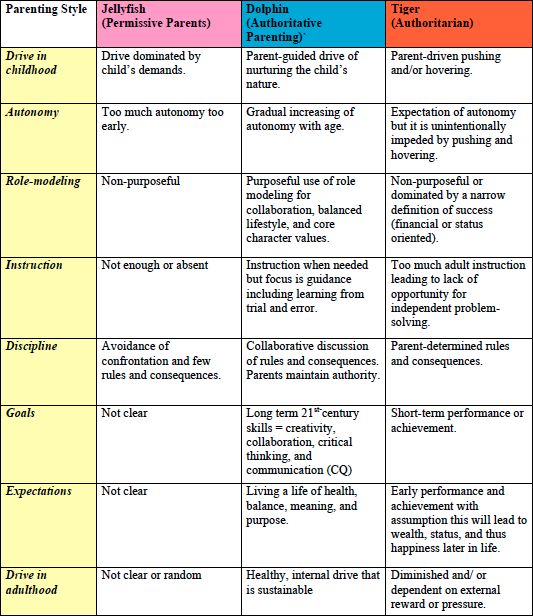--Original published at LivsCollegeBlog
Author Archives: hanlono
Neuroscience
--Original published at LivsCollegeBlog
There were many choices of TED Talks to watch. I decided to watch the one titled, Toward a New Understanding of Mental Illness by Thomas Insel. This one really stuck out to me because I personally struggle with mental illness and it is a very important topic to me.
In the beginning, Thomas Insel starts with what he calls the “good news.” He compares how Leukemia, Heart Disease, AIDS, and Stroke cases have significantly decreased from between 1965-1995 and 2009-2012. The most important thing that has lead to the decreased in mortality with these cases is being able to detect it early and intervene early. Insel states, “Early detection, early intervention, that’s the story of these successes.”
On the not-so-good-news side, suicide cases have not changed in the same time span. Today, there are about 38,000 suicides per year in America. This is equal to about one person committing suicide every 15 minutes. Suicide is the third most common death of people between the ages of 15-25, twice as common as homicide, and more common than traffic deaths.
Insel talks about how there is a medical factor that affects the rate of suicide: mental illness. He displays a graph that shows that roughly 30% of all disability from medical causes can be attributed to mental disorders. Now people may argue that cancer or heart disease seems more serious than mental disorders, however, they are further down the list because of the amount of disability they cause.
There are 3 reasons that Insel gives that explain why mental illnesses are more debilitating than cancer or heart disease:
- Common: About 1 in 5 will suffer from a mental disorder.
- Disabling: About 1 in 20 people will become disabled from a mental disorder.
- Early Onset: About 50% will have a mental disorder by age 14, and 75% will by age 24.
No matter how you think about mental illnesses or suicide, whether it’s the brain, the neurons, or the synapses, we are just beginning to truly understand the “epidemic” that is suicide.
Development
--Original published at LivsCollegeBlog

Tiger parents take an authoritarian approach to parenting. There are two different types. Some parents are authoritative “directive,” which means they push and direct their children. On the other end of the spectrum is authoritative “protective.” This is where the parents hover over their children and micromanage every detail of their lives. No matter the type, tiger parents take over their children’s self-motivation or internal control.
Jellyfish parents are more permissive parents. They don’t really care about too many aspects of their children’s lives. They usually have little to no rules, expectations, and basically just spoil their children. Children raise by jellyfish parents tend to grow up with little to no impulse control.
Dolphin parents are the combination of tiger parenting and jellyfish parenting. By nature, they are authoritative. They have rules and expectations, like the tiger parents, but they also value their children’s creativity and independence. They collaborate with their children and guide them rather than tell them what to do or not do anything at all.
By comparing these different types of parenting, I would say that dolphin parenting is the best way to go.
Psych 105
--Original published at LivsCollegeBlog
Introduction
Hi! My name is Olivia Hanlon. I am from Hanover, Pennsylvania. If you don’t know where that is (because not many people do), it’s about 15 minutes north of Gettysburg (civil war). We’re also famous for Snyder’s Pretzels and UTZs chips. I am approaching this course with some previous knowledge from taking AP Psych in the fall semester last year. I didn’t really “choose” to take this class but I’m glad I’m taking it because it interests me even though it has nothing to do with my major. Some previous background comes from the AP Psych course I took last year and also being diagnose with Major Depressive Disorder (MDD). When I hear the word “psychology,” the first thing that comes to mind is probably psychiatrist and psychologists. The three topics I think look the most interesting are “Classifying Mental Illness”, “Mood Disorders & Anxiety”, and “Psychotic, Traumatic, & Personality Disorders” because I have a mental illness and it is what really interested me in AP Psych. The three topics that look the least interesting are “Classical Conditioning”, “Operant Conditioning”, and “Observational Learning” because I never really liked learning about them in high school. The one question I want to answer by the end of this class is, “what causes depression and how can I make life easier for myself?”